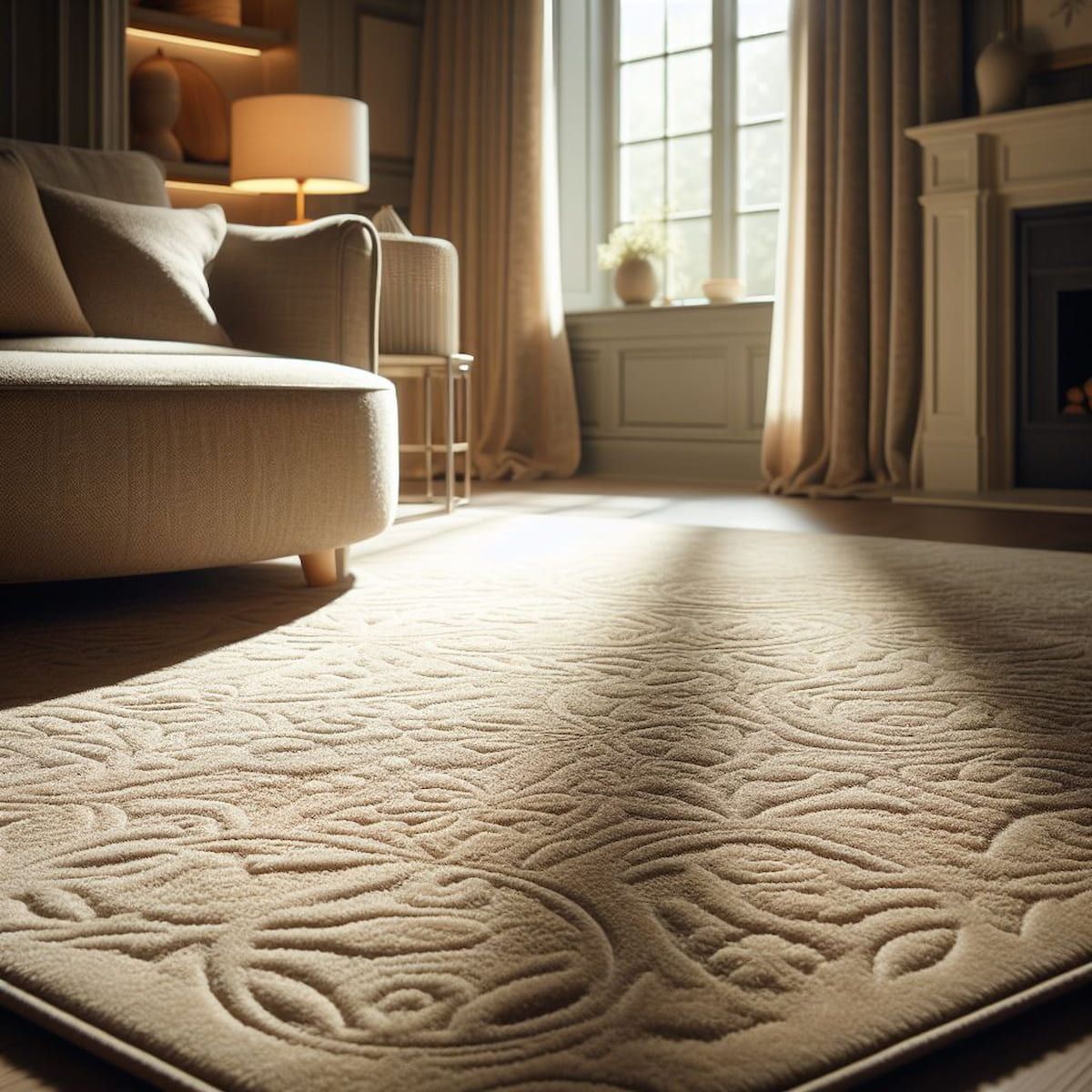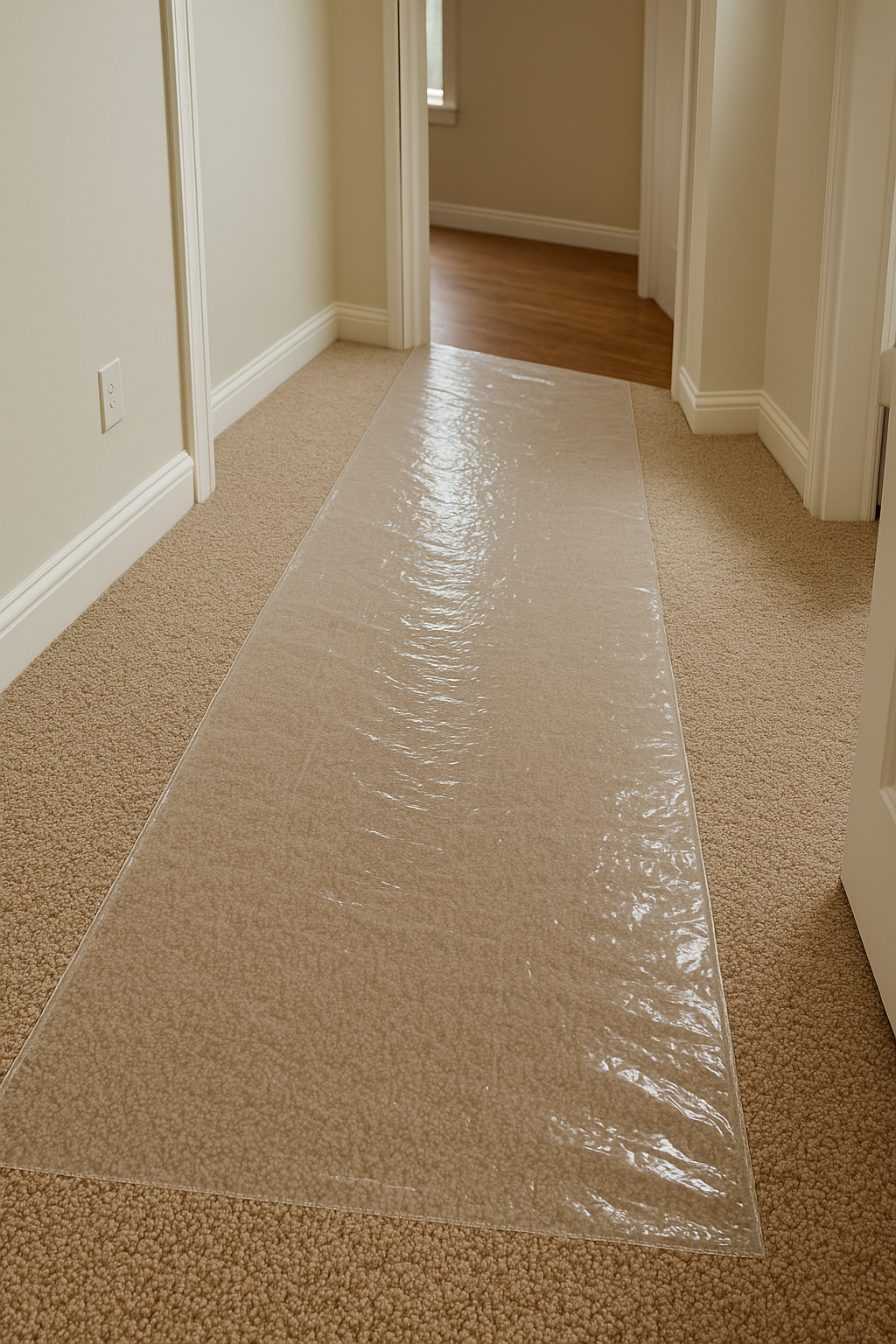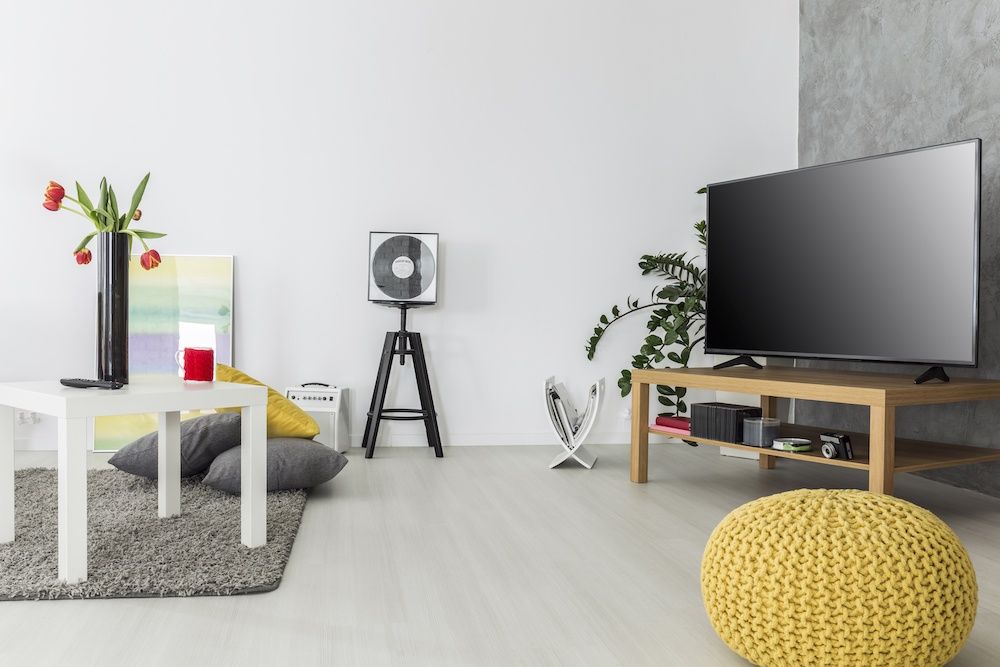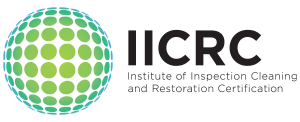The Truth About Carpet and Allergies in Boston Homes
Why Your Carpet Might Actually Be Helping Your Allergies (When Properly Maintained)

If you're one of the thousands of Boston-area homeowners who've been told to "rip out your carpet" because of allergies, hold on a minute. As someone who's been professionally cleaning carpets in Greater Boston for over 17 years, I've got some science-backed news that might surprise you: carpet doesn't cause allergies—improper maintenance does.
In fact, when properly cared for, carpet can actually improve your indoor air quality. Let me explain why.
The Great Carpet Allergy Myth
Here's what most people believe: "Carpet traps allergens, so removing carpet eliminates allergies."
Here's what actually happens: Carpet acts like a giant air filter, trapping allergens that would otherwise float around your home and into your lungs.
Think about it this way—your vacuum cleaner doesn't create dirt, it collects it. Same principle with carpet. The problem isn't the carpet itself; it's when those trapped allergens aren't regularly removed through professional cleaning.
What Science Actually Says About Carpet and Allergies Carpet as an Air Filter
Modern carpet continuously filters your indoor air, capturing:
- Dust mites and their debris
- Pet dander and hair
- Pollen (especially during Boston's brutal spring allergy season)
- Dust and soil particles
- Urban pollutants that sneak in from outside
The key insight: These allergens get trapped in the carpet instead of floating around where you breathe them.
Hard Surfaces: The Hidden Problem
Here's what nobody talks about—hard surfaces can actually make allergies worse. When allergens land on hardwood, tile, or laminate, they don't stay put. Every footstep, every air current, every door opening sends them right back into the air you're breathing.
With carpet, they stay trapped until they're professionally extracted.
The Boston Factor: Why Carpet Allergies Seem Worse Here
Living in Greater Boston presents unique challenges that can make carpet allergy problems seem more severe:
Our Intense Pollen Seasons
Boston's spring pollen counts can be absolutely brutal. All that pollen gets tracked inside on shoes, clothes, and pets. In homes with hard floors, it just gets stirred up repeatedly. In carpeted homes, it gets trapped—but only becomes a problem when it accumulates over months without professional cleaning.
Winter Heating Systems
Our forced-air heating systems during long New England winters can circulate allergens throughout the house. Carpet actually helps by continuously filtering this recirculated air.
Urban Dust and Pollution
City living means more airborne particles. Again, carpet traps these instead of letting them float around your living space.
The Real Culprits Behind "Carpet Allergies"
After nearly two decades of working in Boston homes, I've identified the actual causes of carpet-related allergy problems:
1. Infrequent Professional Cleaning
Many homeowners go 2-3 years (or longer!) between professional cleanings. That's like never changing your car's air filter and wondering why the engine runs poorly.
The science: Once allergen levels in carpet reach saturation, regular vacuuming can't keep up. You need professional hot water extraction to reset the filtration system.
2. Inadequate Vacuuming
Most home vacuums remove surface debris but can't extract deep-down allergens. Plus, many homeowners vacuum only once a week in high-traffic areas that need daily attention.
3. Humidity Issues
Boston's humid summers can create moisture problems that support dust mite populations. This isn't a carpet problem—it's an HVAC and humidity control problem.
4. Pet Maintenance
Love your dog or cat, but not maintaining their cleanliness means constantly introducing new allergens. Regular pet grooming dramatically reduces dander production.
The Professional Cleaning Difference
Here's why professional carpet cleaning is non-negotiable for allergy sufferers:
Hot Water Extraction Method
- Injects heated cleaning solution deep into carpet fibers
- Immediately extracts 95% of moisture along with dissolved allergens
- Removes allergens that vacuuming simply cannot reach
- Sanitizes without harsh chemicals
Proper Drying Process
- Professional equipment ensures rapid drying (4-6 hours typical)
- Prevents moisture buildup that could support dust mites
- Uses air movement to complete the extraction process
IICRC Standards
- Certified professionals follow proven protocols
- Use pH-balanced solutions safe for allergy sufferers
- Understand fiber types and appropriate cleaning methods
Creating an Allergy-Friendly Carpet Maintenance Plan
If you're serious about managing allergies while keeping your carpet, here's what works:
Professional Cleaning Schedule:
- Every 6-9 months for homes with allergy sufferers
- Every 12-18 months for typical households
- Every 3-4 months for severe allergies or multiple pets
Between Professional Cleanings:
- Vacuum high-traffic areas daily with a quality HEPA-filter vacuum
- Address spills immediately to prevent moisture issues
- Maintain home humidity between 30-50%
- Use doorway mats to reduce tracked-in allergens
Seasonal Considerations:
- Spring: Schedule cleaning before peak pollen season
- Fall: Clean before closing windows for the winter heating season
- Winter: Maintain proper humidity to prevent static and dust circulation
When Carpet Might Not Be Right
As an honest professional, I'll tell you when carpet isn't the best choice for severe allergy sufferers:
- Inability to maintain a professional cleaning schedule due to budget constraints
- Severe dust mite allergies in very humid environments without HVAC control
- Multiple pets with owners unwilling to maintain pet grooming schedules
- Rental situations where you can't control maintenance
But for most Boston homeowners, proper carpet maintenance is far more effective (and affordable) than complete replacement.
The Bottom Line for Boston Allergy Sufferers
Modern carpet, when properly maintained, can actually improve your indoor air quality compared to hard surfaces. The key is understanding that carpet requires professional maintenance—just like your car, your HVAC system, or your health.
Don't let outdated information drive an expensive flooring decision. Before you rip out carpet, try addressing the real issue: accumulated allergens that can be professionally removed.
Ready to test this theory in your own home? A professional deep cleaning might be the solution you've been looking for—and it's a lot less expensive than new flooring.
About the Author: Ray DeMeo is an IICRC Master Textile Cleaner and owner of Sunshine Cleaning Systems, serving Greater Boston homeowners since 2007. He specializes in allergy-conscious cleaning methods and has helped hundreds of families improve their indoor air quality through proper carpet maintenance.
Contact Sunshine Cleaning Systems:
- Phone: (339) 222-8792
- Contact Form
- Service areas: Waltham, Newton, Brookline, Belmont, and surrounding communities
Experience for yourself what a difference Sunshine makes!









